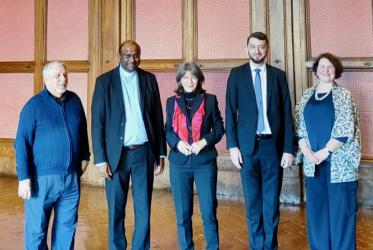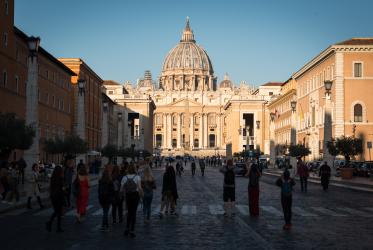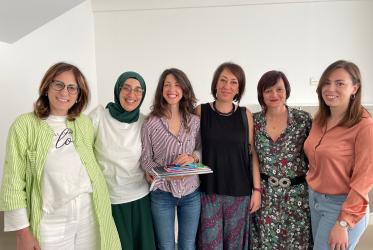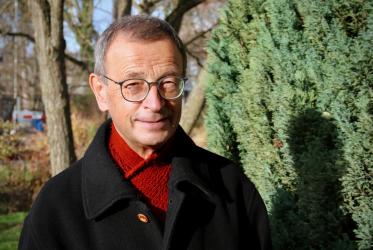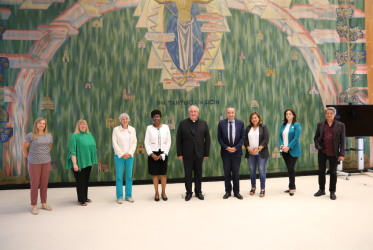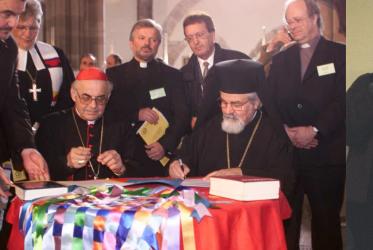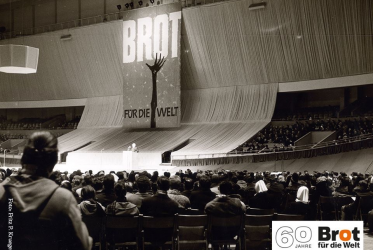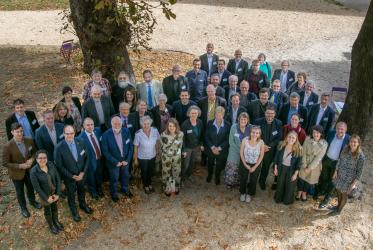Displaying 1 - 20 of 48
WCC congratulates new prior of Taize Community
06 December 2023
Brother Alois: Faith in Christ means strengthening unity
21 December 2021
Féderation protestante de France visits WCC
01 September 2021
WCC general secretary urges unified transformative action
25 January 2020

